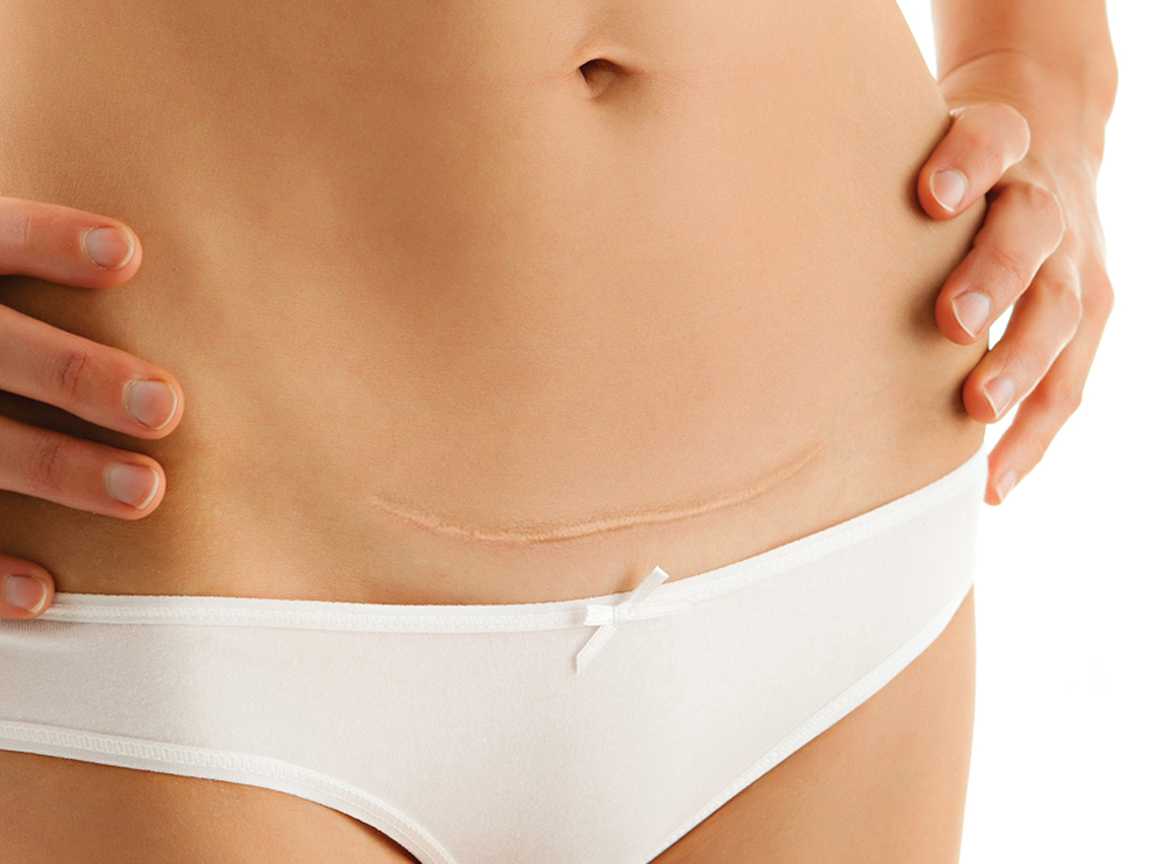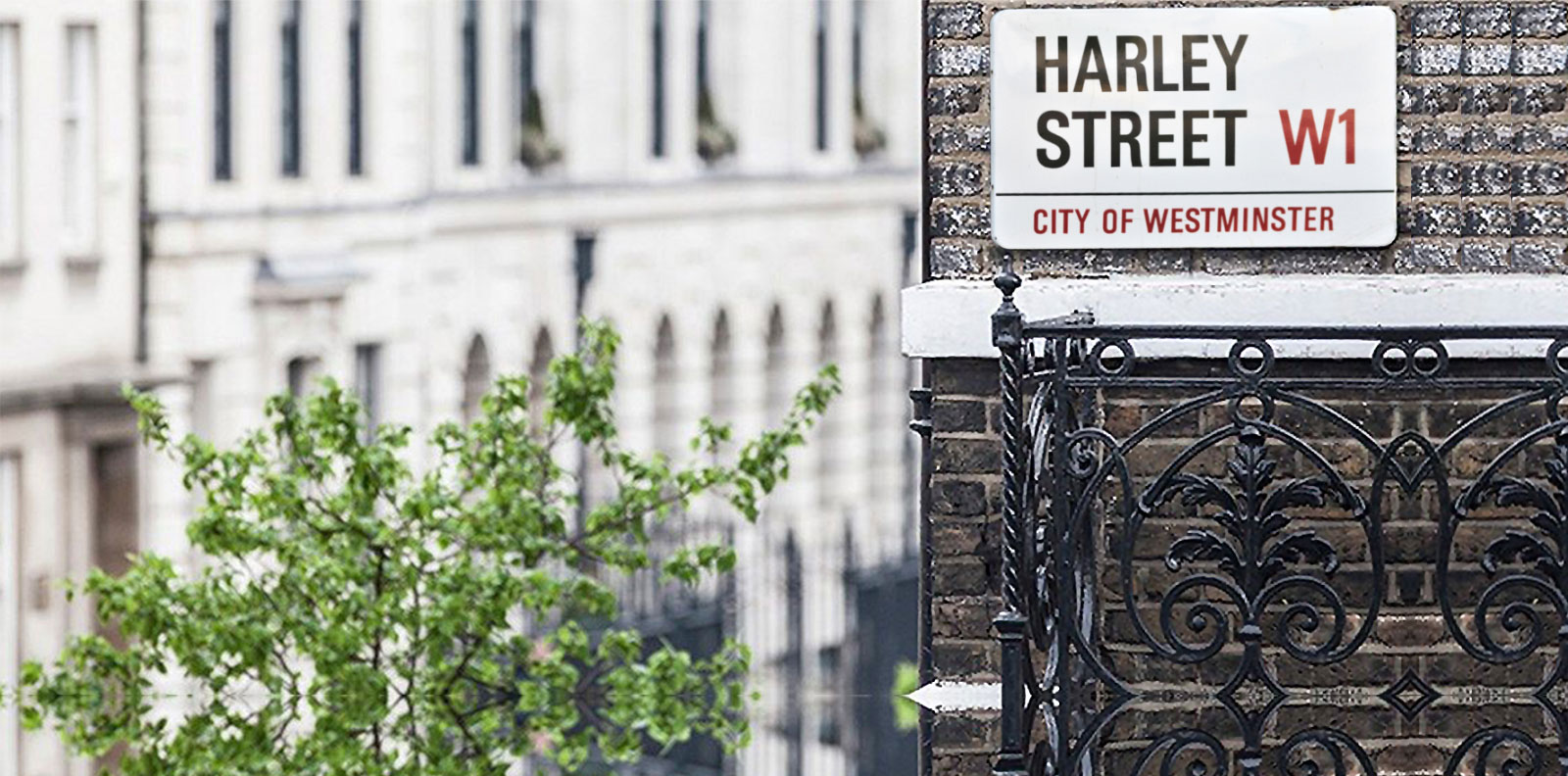How to minimise risk of scarring post surgery

With any surgery, there is a risk of scarring. However, at 111 Harley St. we will do our best to ensure that scarring is minimal or invisible to the naked eye wherever possible. Whilst you may believe that scarring is a cause of inexperience of the surgeon or based on the part of the body that the surgery takes place, it often has more to do with your lifestyle factors…
Minimising the Risk Of Scarring Post Surgery
Plastic surgeons can do all they can to ensure your scarring is minimal, but after surgery much of how bad your scarring is, is determined by factors within your control. The factors below highlight some of the factors that may make your skin scar more easily that aren’t within your control:
Factors of scarring beyond your control
Age:
As you age, your skin starts to lose collagen and elasticity. Cell regeneration also starts to diminish and the skin loses its ability to heal as well as it once did. Lifestyle factors such as: smoking, sun damage, and exposure to other harmful environmental factors can make the scars more prominent.
Your skin type:
Some people are more prone to developing hypertrophic and keloid scars which can make the scar much more visible. Genetics can also influence scarring and rate of skin healing. Some people’s skin heals much faster with minimal scarring. The location and size of incision: A deeper and longer incision is more likely to cause scarring. In some cases the scar can be hidden within natural folds and shadows of the face and body making the scar barely visible.
Factors of scarring within your control:
Smoking:
Smoking significantly reduces your skin’s ability to heal increasing your risk of scarring. Plastic surgeons advise that you quit smoking 2 weeks prior to your surgery.
Physical exertion:
Putting stress on your incision by physically exerting the body will reduce your skin’s ability to heal by stretching the skin. Avoid exercise, bending, and stretching after your surgery. Your surgeon will advise you on recovery.
Nutrition:
Eating foods that are high in protein will help your skin to heal.
Hydration:
Hydration will improve your overall health and increase the speed of recovery. Avoid alcohol and caffeinated beverages.
Sleep and rest:
During your sleep, your skin works to repair itself. Your surgeon will advise the length of your recovery process. Ensure that you book enough time off work.
Wound care:
Avoid picking scabs as this can cause scarring. Keep wound clean to prevent infection and avoid using FDA approved products or products that have not prescribed.
Surgery:
Click here for more information on scar revision.

